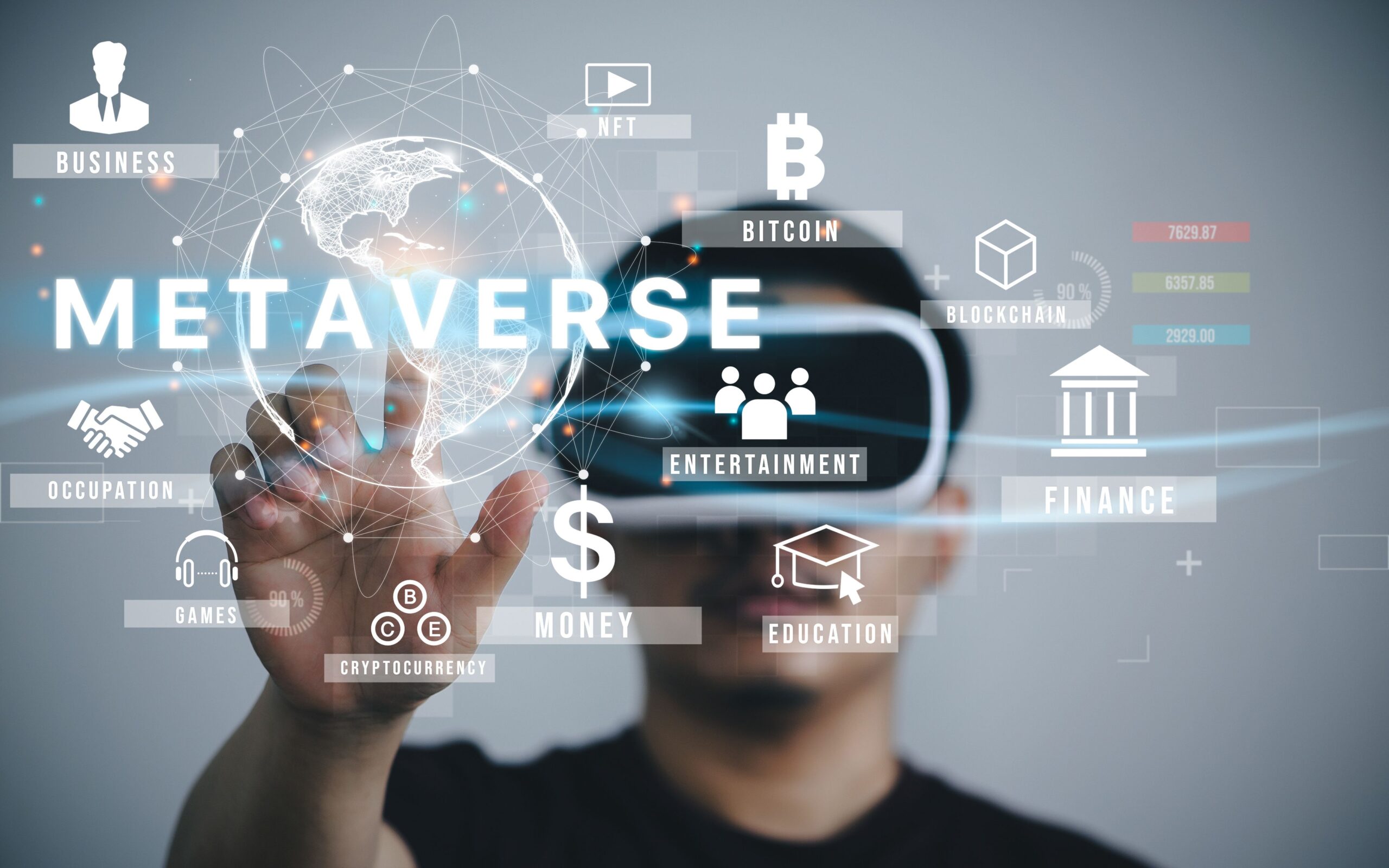In recent years, the metaverse concept has captured the imagination of tech enthusiasts, business leaders, and even the general public. Once a speculative idea featured in science fiction, it is now positioned as a potential game-changer in how we live, work, and interact. But is the metaverse just hype, or is it the next big thing in digital technology?
What is the Metaverse?
The metaverse refers to a collective, virtual shared space created by converging virtually enhanced physical reality and persistent virtual spaces. It can encompass various digital experiences, from immersive virtual (VR) and augmented reality (AR) environments to online worlds and digital assets like NFTs. The internet is brought to life through 3D spaces and virtual representations of people, places, and objects.
The metaverse concept gained significant traction after Mark Zuckerberg, CEO of Meta (formerly Facebook), announced his vision for the future of social interaction, pushing the company to focus heavily on developing metaverse-related technologies. This has led to an influx of investment in VR and AR technologies and a growing interest in digital worlds such as Decentraland, Roblox, and Fortnite, which offer glimpses of what the metaverse could look like.
The Hype Surrounding the Metaverse
One of the reasons the metaverse has garnered so much attention is the potential for radical change. It promises to revolutionize gaming, entertainment, real estate, education, and work. The idea of a fully immersive virtual world where people can interact, socialize, shop, and collaborate is tantalizing. Major corporations like Nike, Gucci, and Samsung are already exploring how they can tap into the metaverse economy, selling virtual goods and experiences to users in these digital spaces.
The allure of the metaverse also comes from its potential to bring together various technologies—VR, AR, blockchain, and AI—in ways that have never been seen before. The promise of digital ownership through NFTs, for example, opens up new opportunities for creators and businesses to monetize their work in unprecedented ways. For many, the metaverse represents a new frontier, akin to the early days of the internet, where the possibilities seem limitless.
The Challenges and Skepticism
Despite the hype, the metaverse has its challenges and detractors. One of the main hurdles is the technological requirements. High-quality virtual reality experiences demand significant computing power, expensive hardware, and fast internet connectivity. This makes the metaverse inaccessible to many people, especially in regions with limited resources or those who need help to afford the necessary equipment.
Another concern is privacy and security. Virtual worlds present new avenues for cybercrime, data breaches, and online harassment. As people spend more time in these digital spaces, the risk of misuse increases. Moreover, there are questions about who controls these digital environments and how they are governed. Will users truly own their virtual assets, or will corporations hold the reins?
Additionally, there needs to be more skepticism about how people will embrace the metaverse in their daily lives. While digital experiences are gaining popularity, many still prefer in-person interactions and tangible experiences. The metaverse’s social aspect, particularly in virtual reality, might not be as engaging or fulfilling as real-world connections.
Is the Metaverse the Next Big Thing?
The metaverse undoubtedly holds great potential, but widespread adoption is still years away. While elements show promise, such as gaming, virtual events, and NFT marketplaces, it remains to be seen if the metaverse will live up to its grand vision.
The next few years will likely see rapid advancements in technology and refinements in user experience and infrastructure. However, for the metaverse to become a mainstream reality, it must overcome its current limitations, address privacy concerns, and prove that it can offer more value than what is already available through traditional digital platforms.
In conclusion, the metaverse is both an exciting and speculative frontier in the tech world. Whether it becomes the next big thing or fades into obscurity depends on how well these challenges are addressed and whether it can truly revolutionize how we interact with technology.




